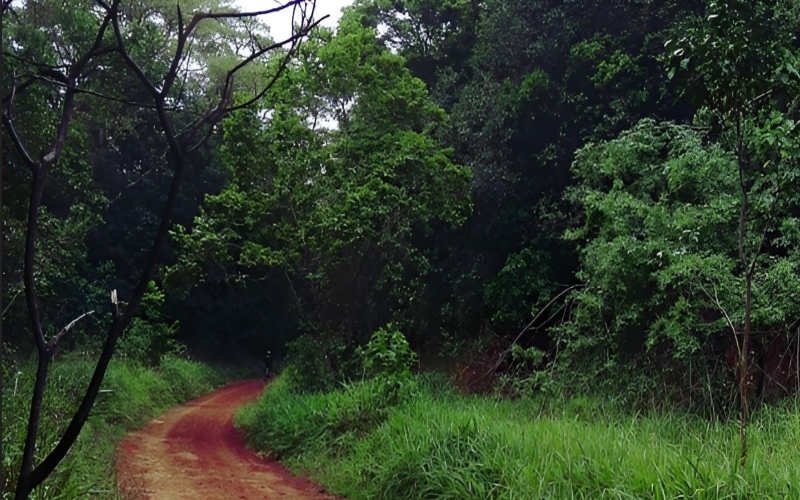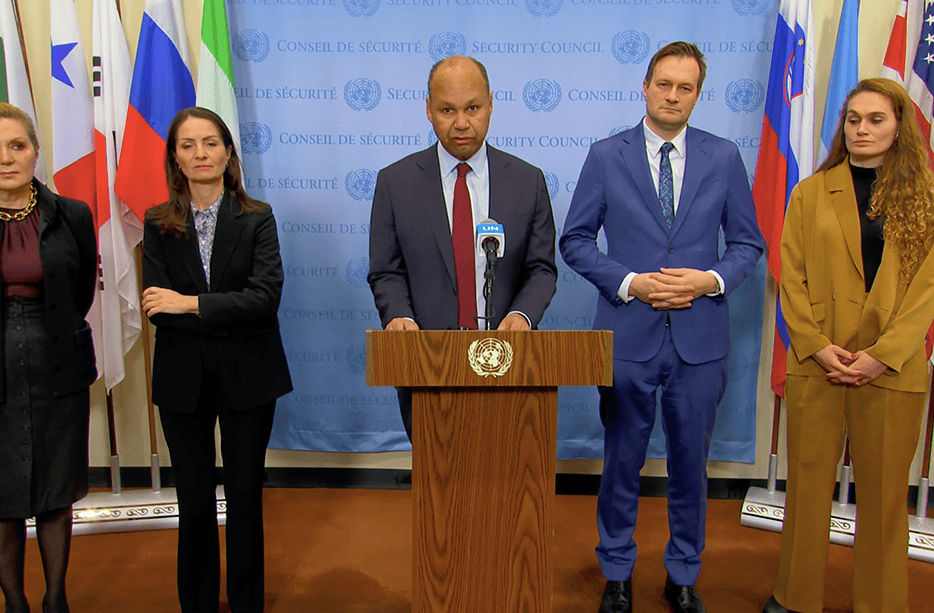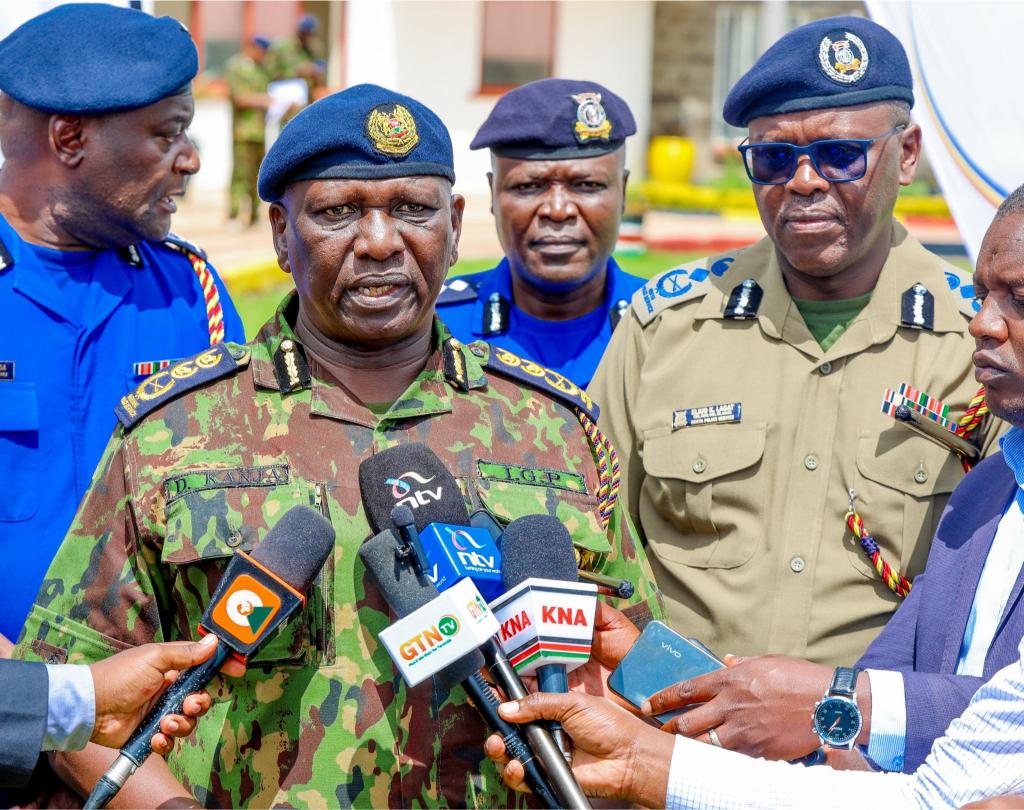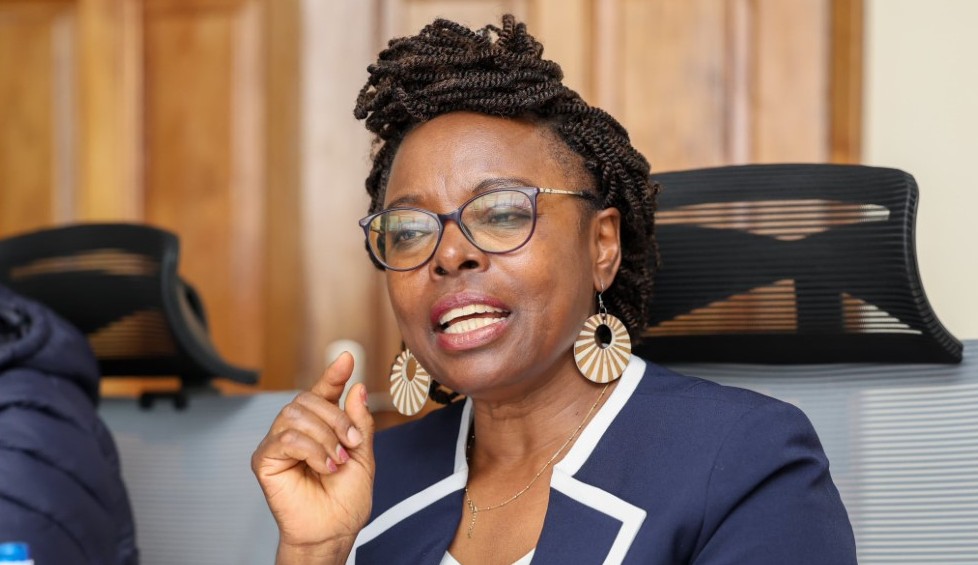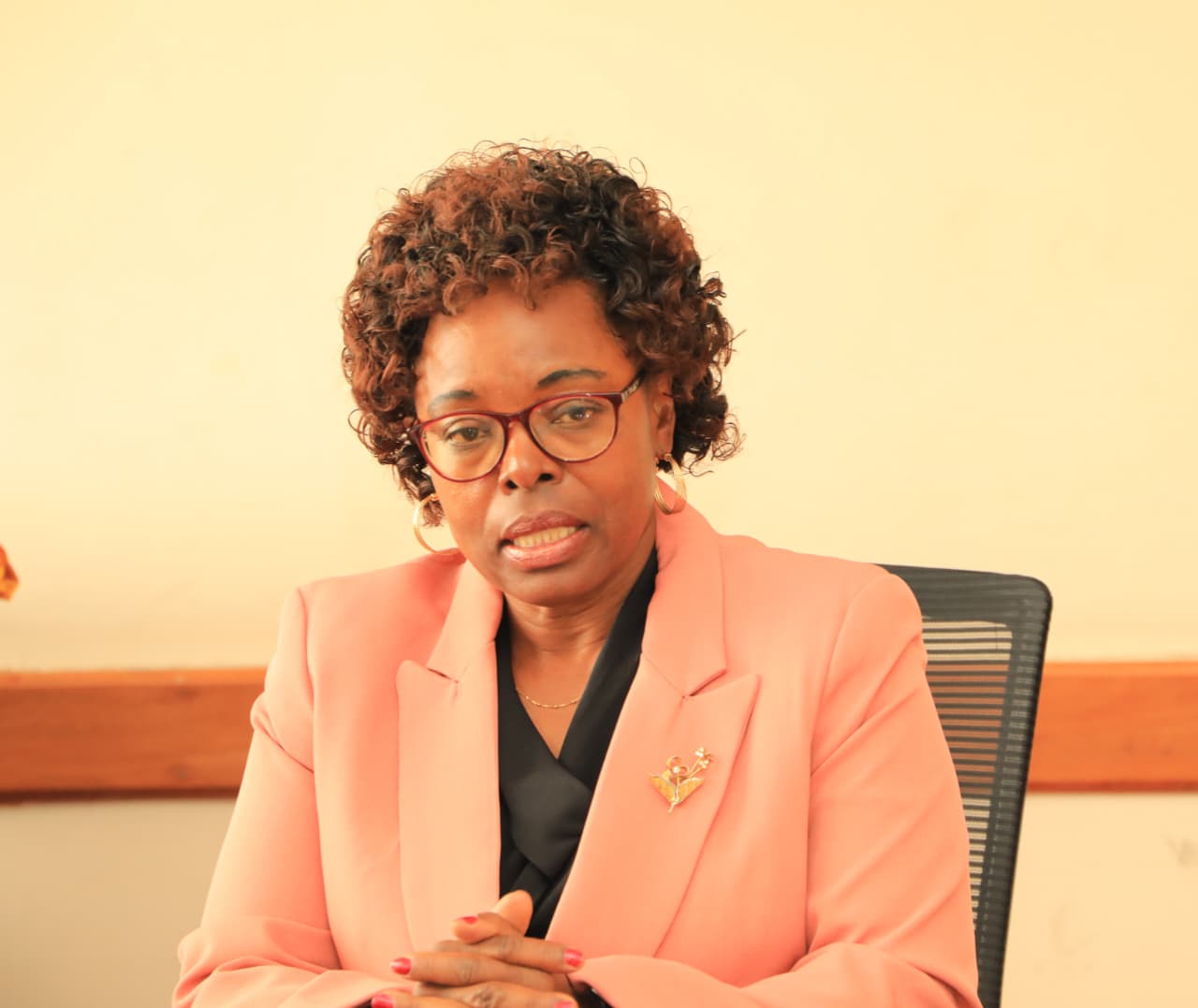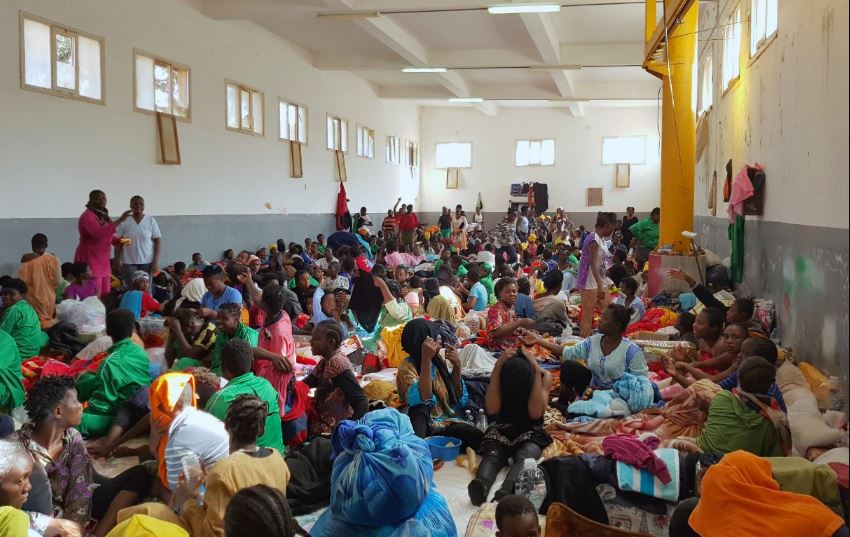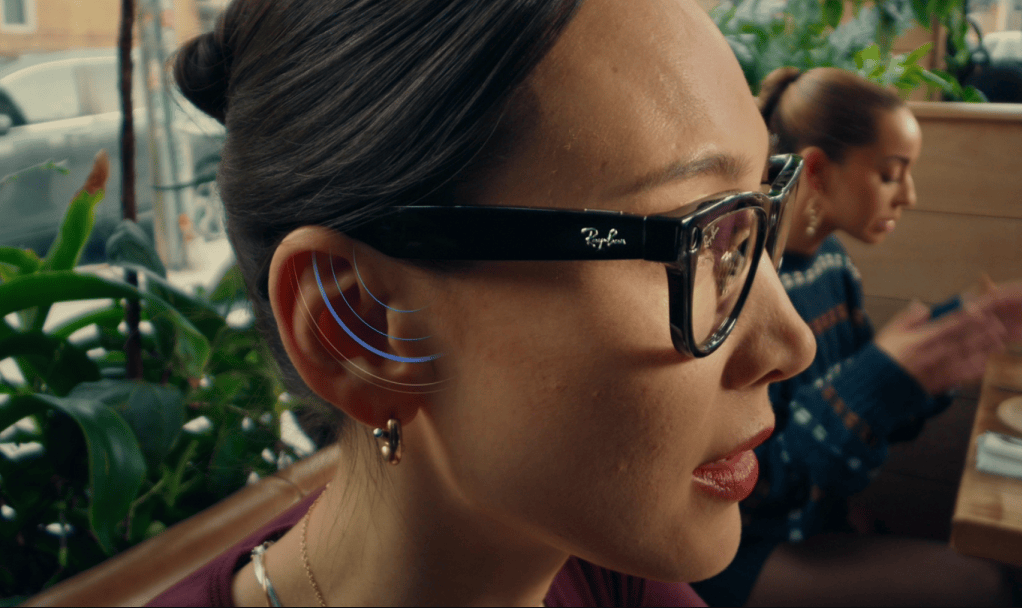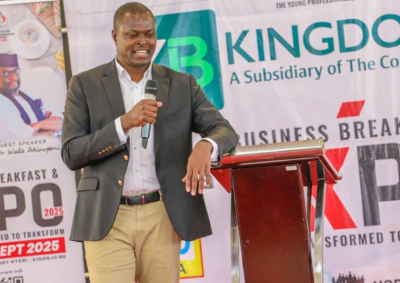Restored smiles: The pleasant transformation that comes with cleft lip surgery
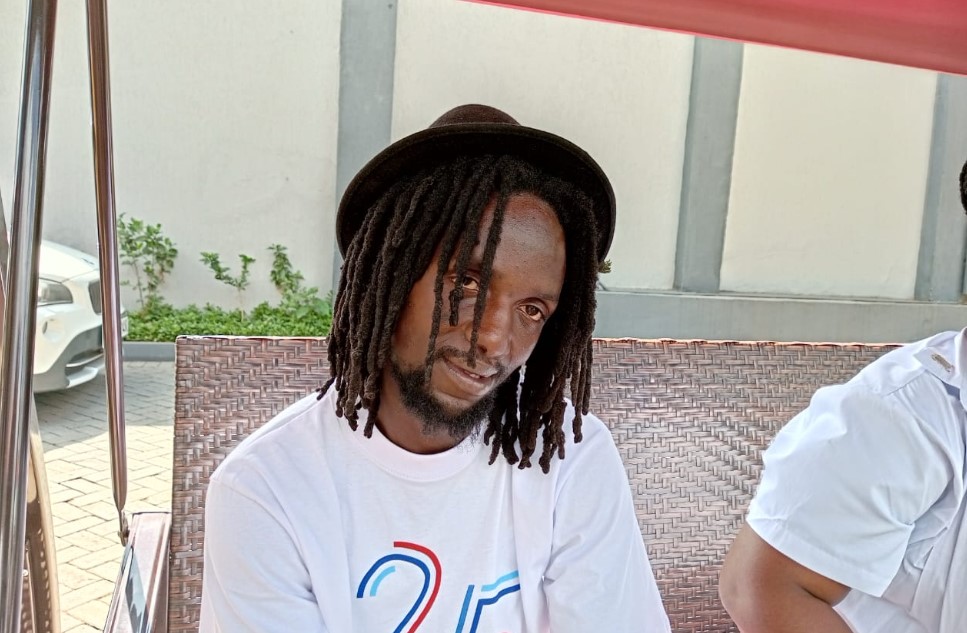
The World Health Organisation estimates that one in every 700 births is affected by cleft lip and palate.
For over 30 years, Sylvester Oduor has faced a life marked by side-lining and exclusion, compounded by relentless bullying from family and neighbours. Born with a cleft lip and palate, he struggled to find his sense of identity amid the challenges he faced.
Cleft lip and palate are conditions that occur when a baby’s lip or the roof of their mouth (palate) doesn’t fully form during pregnancy. This can create a gap or split, which may affect how the baby looks and can make it difficult for them to eat, speak, and breathe properly.
More To Read
- Thousands of Kenyan children risk death as pneumonia diagnosis and treatment fail
- Understanding cleft lip: The long road of multiple surgeries to a smile
- Why your child is suddenly clingy and what it really means
- Why your baby can get a UTI and how to prevent it
- Why your children's diet could be affecting their sleep
- Relief for mothers in Kwale County as upgraded maternal health facility launched
As a child, Oduor had a passion for reciting poetry and engaging in debates. However, his struggles with clear speech stemming from unsuccessful surgeries often led to laughter and mockery instead of encouragement.
His first cleft lip surgery at just three years old left him with a fistula that severely impacted his ability to communicate and interact freely with others. As a result, he began to isolate himself and chose to embrace a more introverted life.
“Being side-lined started when I was a child. There was a moment in primary school when I knew the answer to a question, but I was the only one who raised my hand, and the teacher didn’t even acknowledge me. After that, I decided to stay quiet in class, even when I had something important to say,” Oduor told The Eastleigh Voice.
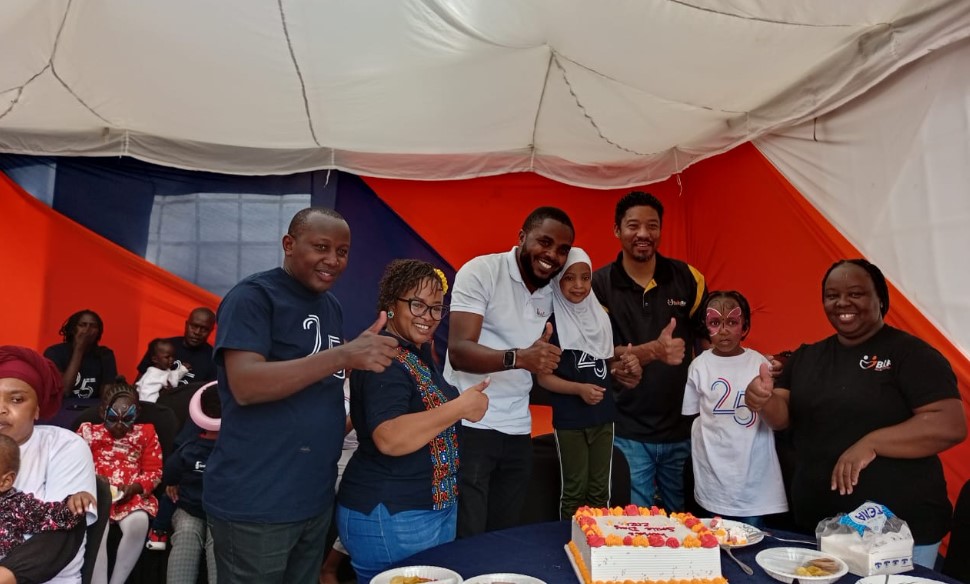 Members of Belarisu Medical Centre and Smile Train celebrate 25 years of transforming lives through surgery. (Photo: Charity Kilei)
Members of Belarisu Medical Centre and Smile Train celebrate 25 years of transforming lives through surgery. (Photo: Charity Kilei)
Dampened enthusiasm
The experience significantly impacted his performance and dampened his enthusiasm for education.
Despite undergoing four surgeries at various hospitals, none were successful in addressing his speech challenges. Communicating became increasingly difficult, as people often struggled to understand him due to the fistula. This left him feeling frustrated and unable to express himself.
"I used to find joy in poetry and sharing it with others, but because of my speech difficulties, I faced rejection and bullying. It's been years since I felt confident enough to express myself that way."
For years, he believed he would have to endure the stigma, convinced that nothing could be done about his situation. The fistula was so severe that someone had to strain and focus intently on his face to understand him — a level of attention that most people simply didn’t possess. However, everything changed when he underwent successful palate surgery at Belarisu Medical Centre.
"I'm incredibly thankful for the transformation that has changed my life. Now, I can confidently talk to anyone, no longer feeling embarrassed or struggling to communicate. Being able to express myself freely has lifted a huge weight off my shoulders and significantly boosted my self-esteem. I now dare to engage with people in public without fear."
He admitted that in the past, he avoided social interactions to escape feelings of awkwardness. However, being able to converse easily has greatly improved both his life and outlook.
Now, after his surgery, he is excited to launch his channel as a fashion designer to connect with others. He also plans to return to his passion for spoken words, which he truly loves.
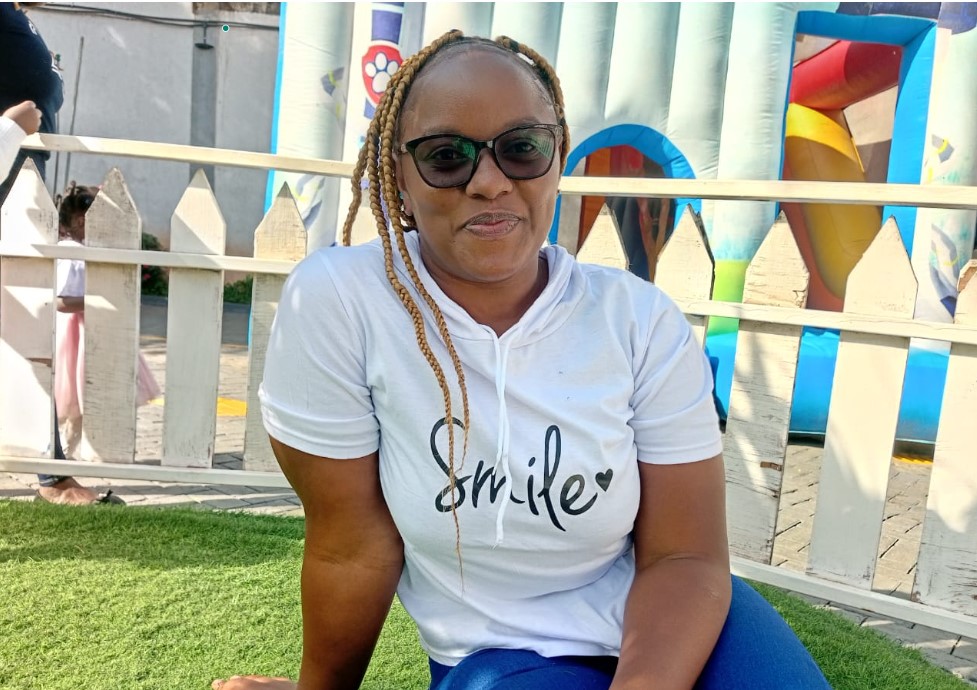 Winnie Karanja who narrated about her journey with a baby who had a cleft lip. (Photo: Charity Kilei)
Winnie Karanja who narrated about her journey with a baby who had a cleft lip. (Photo: Charity Kilei)
Societal taboos and myths
Giving birth to a child with a cleft lip not only impacts the child but also deeply affects the parents. Imagine the heartache of not being able to see your baby smile, facing the visible gap on their face without a clear explanation for its cause. The societal taboos and myths surrounding clefts can add to the emotional weight, making the experience of seeing your child for the first time even more challenging.
Winnie Karanja, a mother of two, was left in shock when the nurse informed her that her newborn baby had a cleft lip, something she had never seen or heard of before.
“I was terrified and couldn’t comprehend how this had happened. It was a situation I had never encountered, and I felt incredibly frustrated and overwhelmed with tears. I just didn’t know what to do.”
When she saw her baby for the first time, emotions overwhelmed her, and she cried. However, she found a glimmer of hope when the nurse reassured her that there was a solution. Feeling anxious about how others would react, she avoided interactions, fearful of their judgments regarding her baby's condition.
“Feeding was the biggest challenge. I even had to stop working to care for my baby, and when my breast milk dried up, it was disheartening.”
The family faced financial struggles to afford special formula but persevered, enduring the painful wait for surgery. Once the surgery was completed, she couldn’t take her eyes off her baby, constantly admiring her smile.
“It feels amazing to see my baby smile and eat with her mouth closed, without food coming out of her nose. That’s a blessing I wouldn’t trade for anything.”
As the world celebrates World Smile Day, Smile Train, the world’s largest cleft lip charity, celebrates 25 years of changing lives.
Emily Manjeru, the Senior Manager for Public Relations and Communications, highlights their impact on over two million lives through surgeries.
“Every three minutes, a child is born with a cleft lip, and that motivates us to continue our work. When corrected early, we can alleviate the pain that both the child and the mother experience, which drives our mission,” says Manjeru.
She notes that Smile Train collaborates with various partners to provide these surgeries at no cost, as they can be quite expensive. Without assistance, many families wouldn’t afford them.
“It lifts my spirits to witness these transformations, knowing they must no longer face bullying because of their cleft lip. It pains me to see adults with cleft lips and wonder why they were hidden away for so long.”
She advocates for the implementation of comprehensive policies and structures that support cleft lip surgeries, emphasising the need to raise awareness about the condition to facilitate life-changing outcomes for affected individuals.
According to Smile Train, a child is born with a cleft every 4.5 minutes. Between 30-60 per cent of these children will require speech and language therapy, while globally, 26 per cent are underweight at the time of their primary repair. Additionally, 14-37 per cent of children with clefts report experiencing bullying, and 30-50 per cent may need orthodontic treatment or orthognathic surgery. Approximately 5-10 per cent of children with cleft lip and palate also have associated syndromes.
The World Health Organisation estimates that one in every 700 births is affected by cleft lip and palate. Prevalence rates vary by gender and ethnicity, with boys more commonly affected by cleft lip and palate, while girls are more often diagnosed with isolated cleft palate.
Top Stories Today
